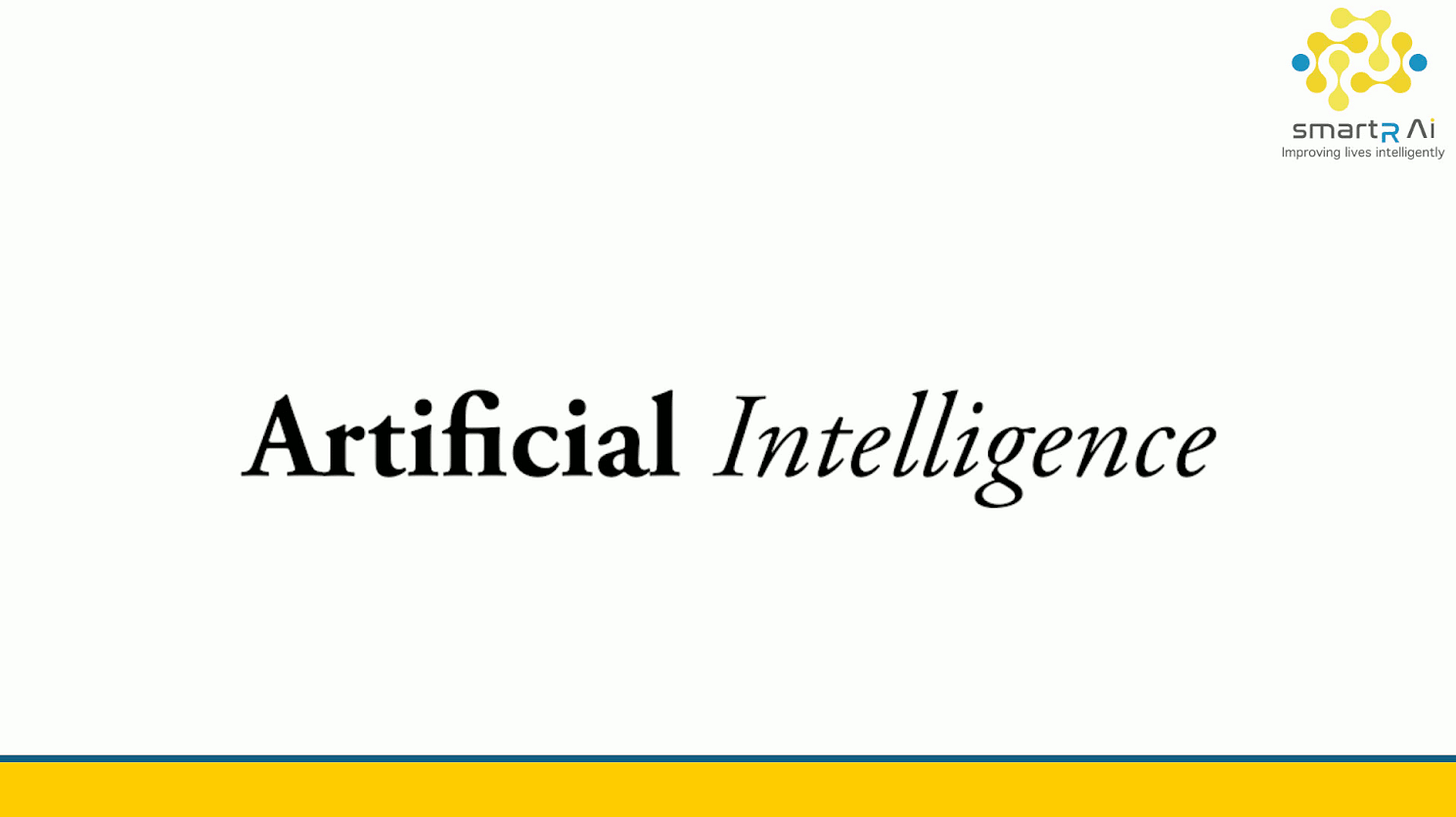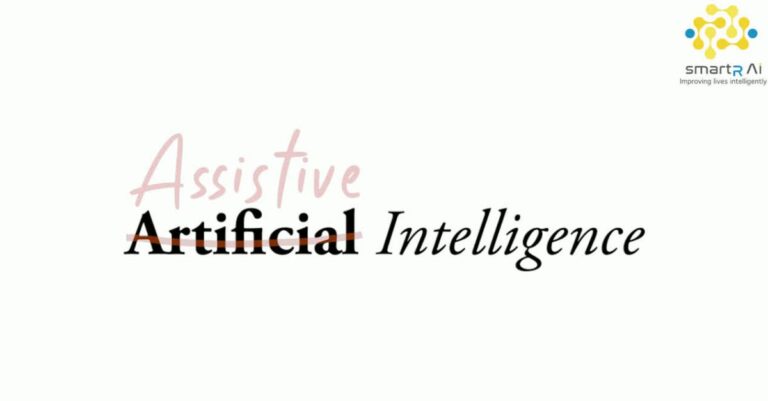Thankfully, despite the Tech bros latest hype handle, ‘Vibe coding’ isn’t yet a widely recognized or standardized term in software development. It is a hip but informal or colloquial expression but a dangerous one that is a danger to our western coding resource. Lose the skills in any industry or country and you lose the fundamentals and resilience to bounce or fight back
Chief chuckle brother VC Sam Altman’s never fails to disappoint from a humor perspective, if not a financial one. OpenAI a former not for profit that is still posting red ink accounts, but, it’s CEOs latest wrong and greedy vibe coding should be a worry. It is encouraging heads of data and tech departments to move away from their experts in traditional, explicit coding. It is a shift towards:
- Bring your own Prompt Engineering: Where novices replace experts by using natural language prompts to guide AI models (like GPT) to generate code or perform tasks, rather than writing code directly.
- Abstraction and High-Level Tools: Relying on AI-powered tools and platforms that abstract away the complexities of low-level coding.
- Declarative Programming with AI: Describing what you want the software to do, and letting the AI figure out how to do it.
Here is how this approach will impact expert developers and project reliability:
Potential AI’s Impacts (When AI is Heavily Involved):
1 Increased Productivity:
- Experts can focus on high-level design and problem-solving, rather than getting bogged down in syntax and implementation details.
- AI can automate repetitive tasks and generate boilerplate code.
- This could lead to faster development cycles.
2 Democratization of Development:
- Experts can collaborate with non-programmers more easily, as natural language becomes the primary interface.
- This could open up new possibilities for cross-disciplinary innovation.
3 Rapid Prototyping:
- AI can quickly generate prototypes and experiment with different solutions.
- This can accelerate the innovation process.
4 Potential for unpredictable results:
- AI is not perfect, and can create code that has errors, or is not optimal.
- Debugging can become more difficult, as the code is not directly written by the expert.
5 Dependancy upon the AI:
- If the AI is not available, or changes, it can cause problems for the project.
- Experts might lose some low level coding skills.
6 The Reliability Considerations:
- Verification and Validation: Experts will need to develop new strategies for verifying and validating AI-generated code.
- This might involve rigorous testing, code reviews, and formal verification techniques.
7 Explainability and Transparency:
- Understanding how the AI generates code is crucial for ensuring reliability.
- Tools and techniques for explaining AI decision-making will become increasingly important.
8 Control and Customization:
- Experts will need ways to exert control over the AIs output and customize it to meet specific requirements.
- This might involve providing constraints, guidelines, and feedback to the AI.
9 Evolving Best Practices:
- As AI-assisted development becomes more prevalent, new best practices and standards will need to emerge.
In essence, Vibe coding is about leveraging AI to augment and amplify expert developers capabilities. It has the potential to revolutionize software development, but it also introduces new challenges related to reliability and control. The experts role shifts from low level coder, to high level prompter, tester, and verifier. Its a very interesting and rapidly evolving area! Sources and related content
All those Potential AI ‘s Negative Impacts:
- Reduced Objectivity: Relying too heavily on “feel” can lead to subjective decisions that aren’t based on sound technical principles. This could result in code that is difficult to maintain or debug. It may cause a lack of testing.
- Inconsistency: “Vibe coding” can lead to inconsistent coding styles and practices across a project. This can make it harder for developers to understand and work with each other’s code. This can lead to technical debt.
- Lack of Rigor: A focus on “vibe” might lead to neglecting important aspects of software development, such as testing, documentation, and security. This could result in unreliable or vulnerable software. It can cause issues when handing off code to other developers.
- Variable Reliability: Project reliability could become highly dependent on the team’s “vibe” at any given time. This makes it difficult to predict project outcomes or maintain consistent quality.
Balancing “Vibe” with Best Practices:
The key is to find a balance between fostering a positive work environment and adhering to sound software development principles. We therefore need to:-
- Establish Clear Consistent Coding Standards: Ensure that everyone on the team follows consistent coding practices.
- Prioritize Testing and Quality Assurance: Implement rigorous testing procedures to ensure code reliability.
- Encourage Open Communication: Create a safe space for developers to express their concerns and ideas.
- Promote Continuous Learning: Encourage developers to stay up-to-date with the latest technologies and best practices.
- Balance Intuition with Data: Use data and metrics to inform decision-making alongside developer intuition.
In conclusion, a positive “vibe” can be an asset in software development, but only if it does not come at the expense of sound technical practices and the hollowing out of the talent we need to compete. Lose the skills in any industry or country and you lose the fundamentals and resilience to bounce or fight back.

Written by Neil Gentleman-Hobbs, smartR AI









































